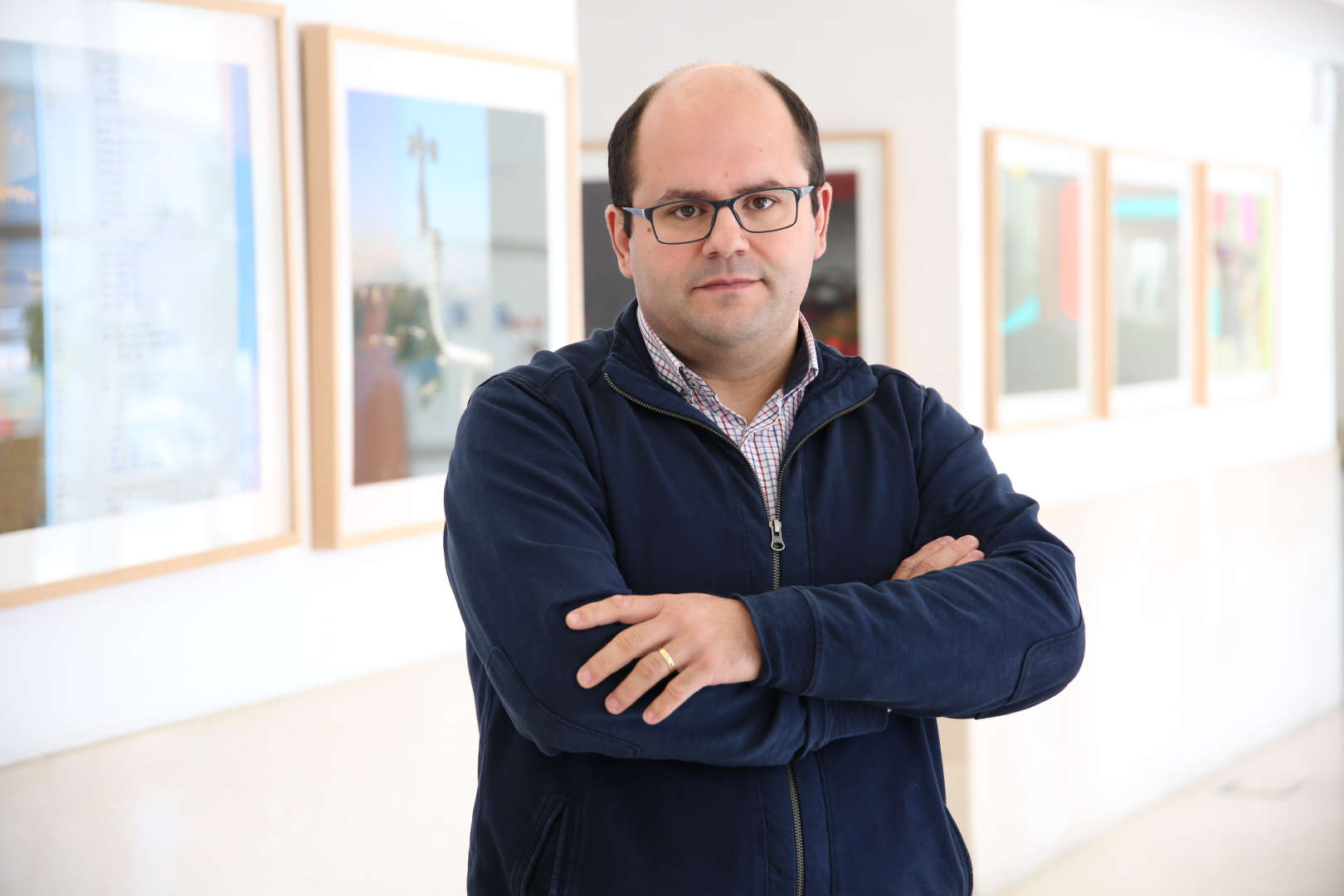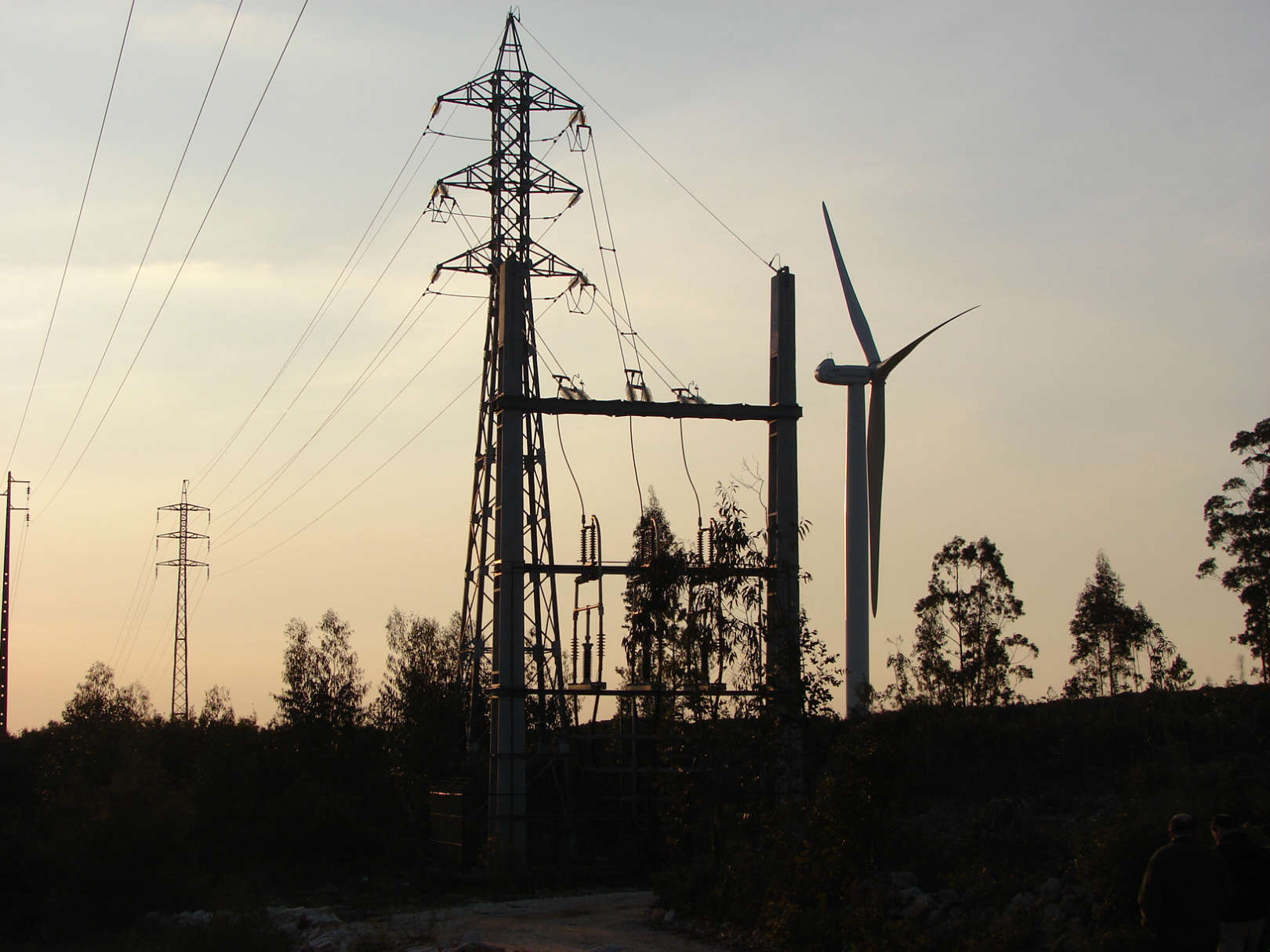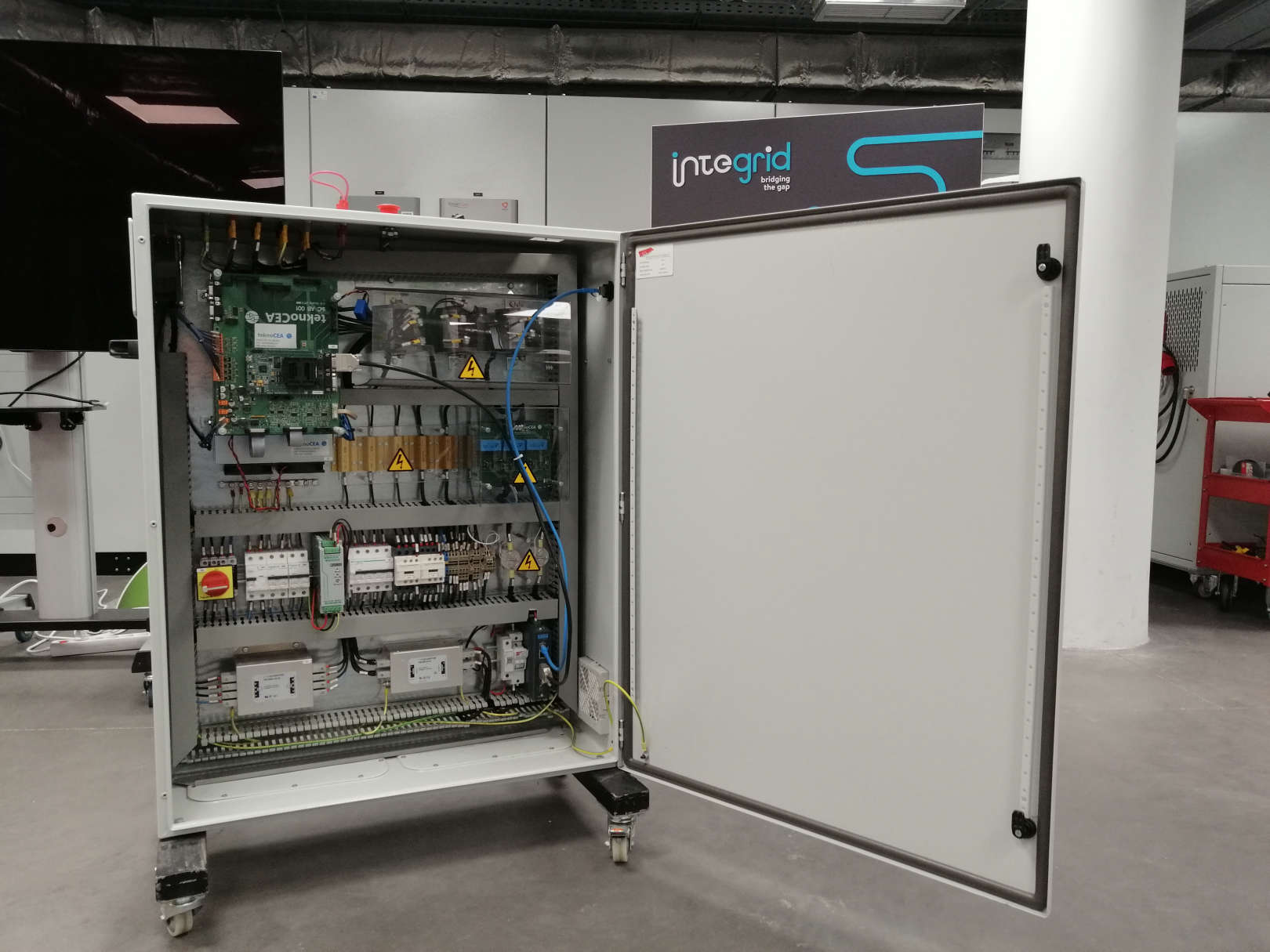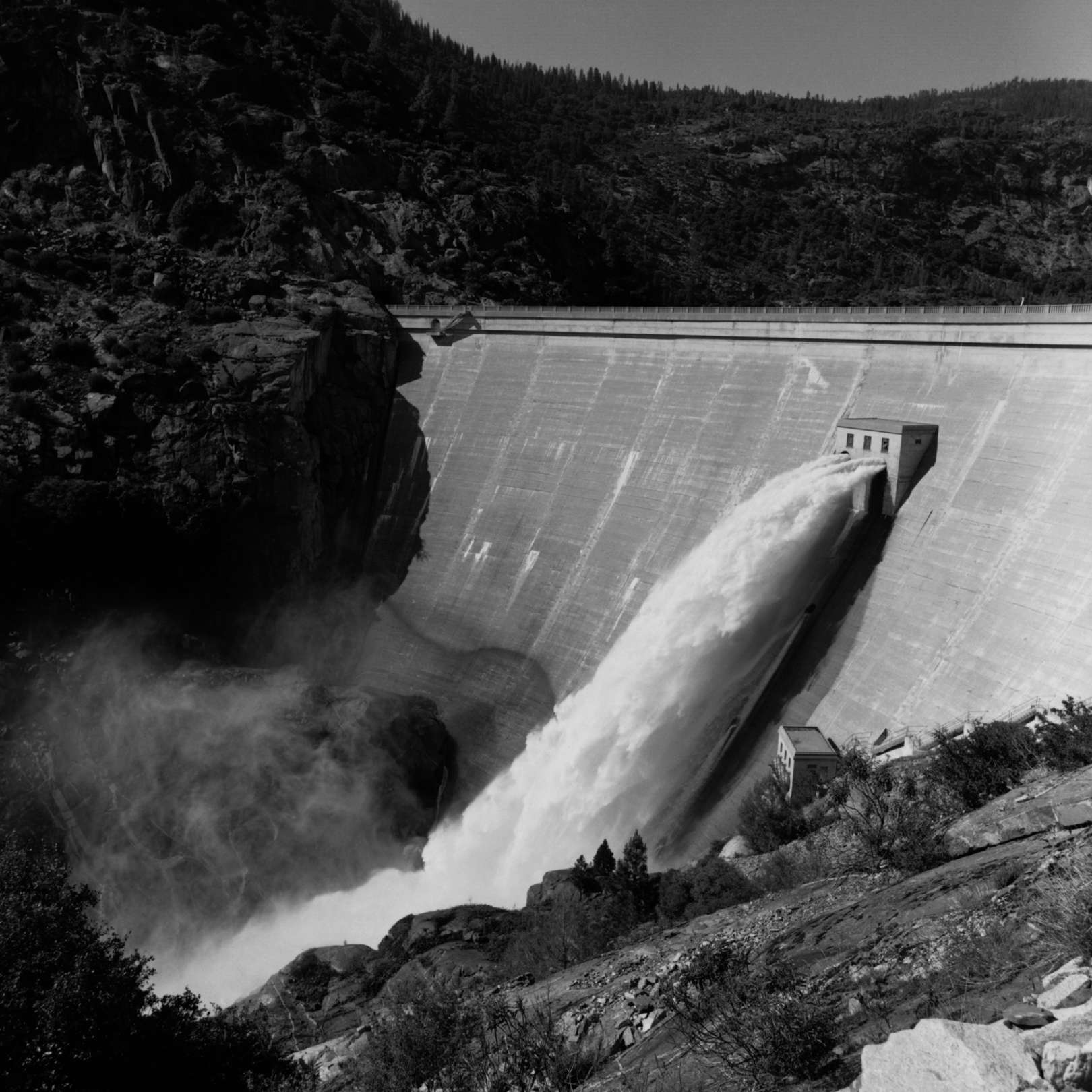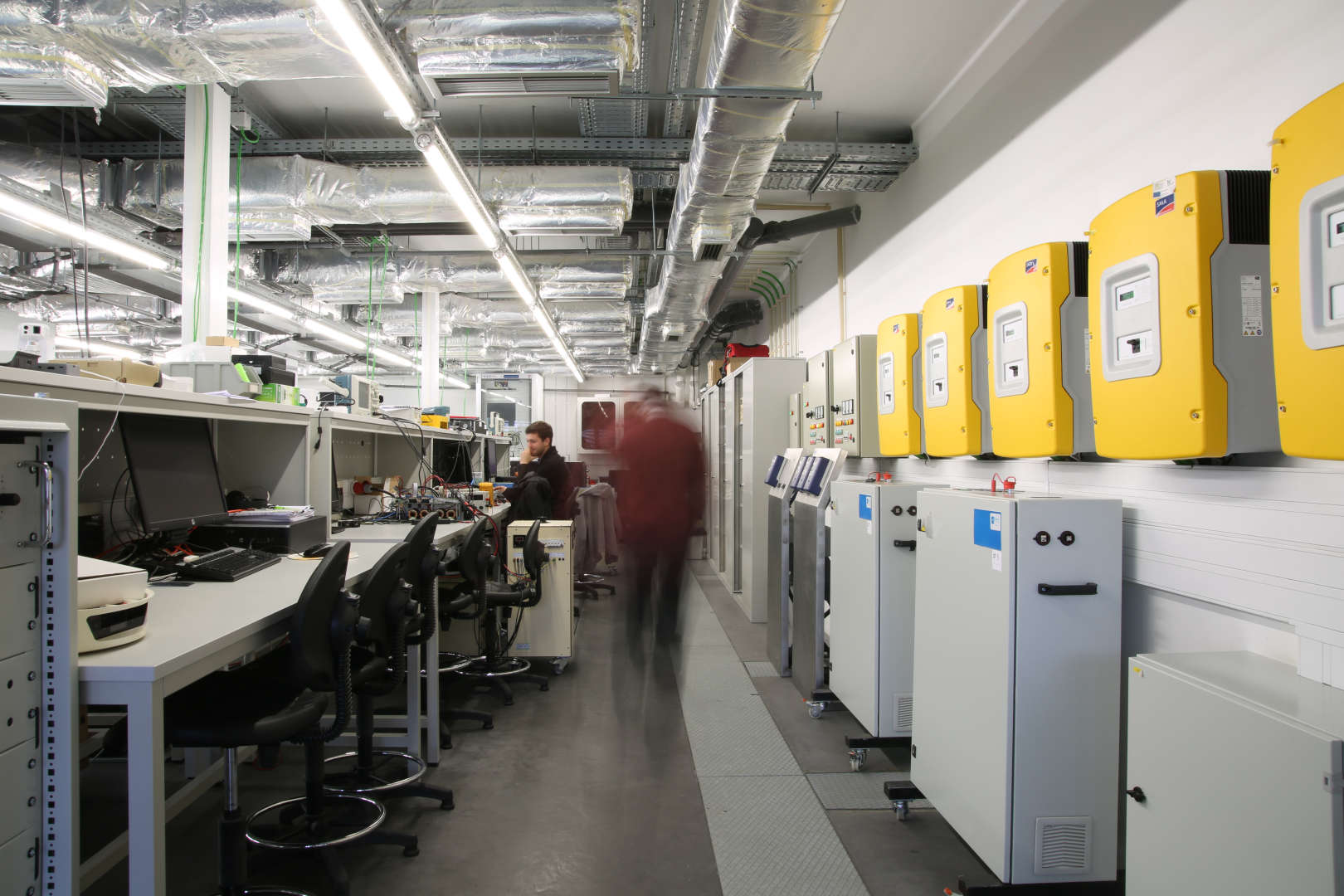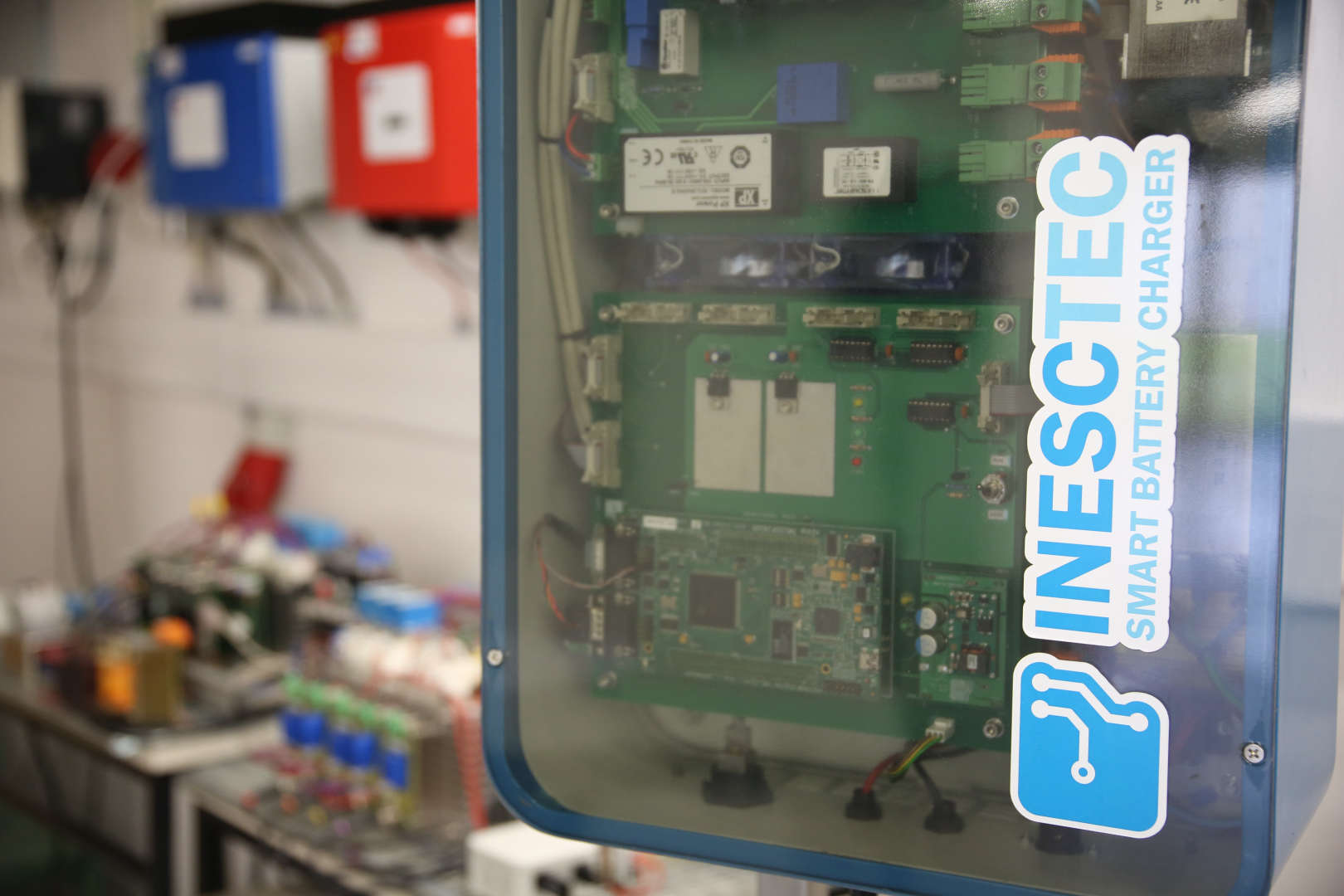Sobre
Concluí a Licenciatura e do Doutoramento em Engenharia Eletrotécnica e de Computadores (Ramo de Sistemas de Energia), na Faculdade de Engenharia da Universidade do Porto (FEUP) em 2003 e 2008, respetivamente.
Sou investigador do Centro de Sistemas de Energia do INES TEC desde 2003, assumindo a função de responsável de área de "Estudos de rede e integração de produção distribuída" desde setembro de 2015. Em fevereiro de 2009 iniciei funções de Professor Auxiliar no Departamento de Engenheira Eletrotécnica e de Computadores da FEUP, desenvolvendo a atividade letiva no Mestrado Integrado em Engenharia Eletrotécnica e de Computadores e em Programas Doutorais (Programa Doutoral em sistemas Sustentáveis de Energia e Programa Doutoral em Engenharia Eletrotécnica e de Computadores).
Tenho participado ativamente (na qualidade de colaborador e/ou líder de equipas de desenvolvimento) em diversos projetos europeus, sendo de destacar os seguintes:
1. MICROGRIDS: Large Scale Integration of Micro Generation to Low Voltage Grids;
2. MORE-MICROGRIDS: Advanced Architectures and Control Concepts for More Microgrids;
3. MERGE: Mobile Energy Resources for Grids of Electricity;
4. TWENTIES: Transmission system operation with large penetration of Wind and other renewable Electricity sources in Networks by means of innovative Tools and Integrated Energy Solutions;
5. HYPERBOLE: HYdropower plants PERformance and flexiBle Operation towards Lean integration of new renewable Energies;
6. EU-SysFLEX: Pan-European system with an efficient coordinated use of flexibilities for the integration of a large share of RES.
Tenho participado igualmente em diversas atividades de consultoria técnica relacionadas com a ligação de parques eólicos à rede. Tenho desenvolvido igualmente atividades de consultoria técnica em diversos projetos relacionados com a dinâmica e estabilidade de sistemas isolados com volumes crescentes de integração de energia renovável.
Atualmente os meus interesses de investigação principais estão focados no domínio da integração em larga escala de fontes de energia renováveis em sistemas de energia isolados e interligados, na dinâmica e estabilidade dos sistemas elétricos de energia e na operação e controlo de micro-redes.


